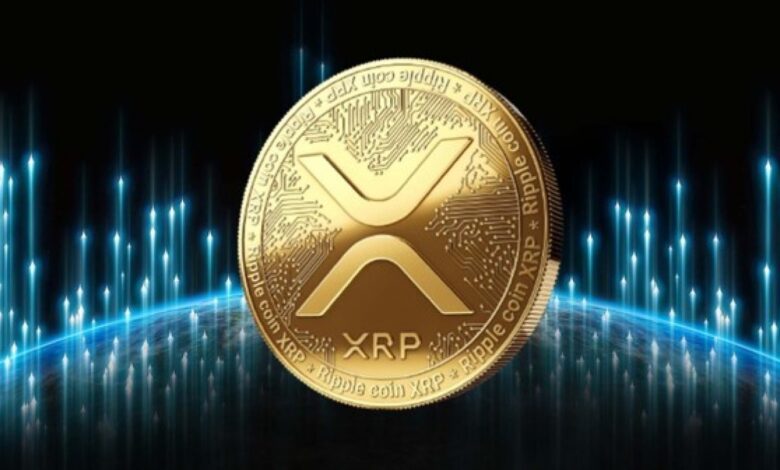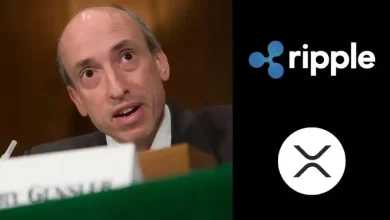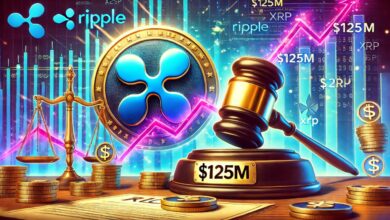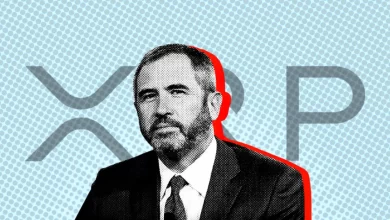Crypto Ripple: the XRP crypto recognized as an “international payment medium”

The ongoing case between Ripple and the Securities and Exchange Commission (SEC) has put XRP in the spotlight.
Indeed, despite initial concerns that the lawsuit would have a negative impact on the crypto, XRP has managed to register a surge in adoption.
In all of this,the Federal Reserve Bank of Atlanta, a district of the US Federal Reserve Bank, recognized and mentioned XRP in its recent report entitled “An Introduction to Web3 with Implications for Financial Services.” Specifically, the report explores the emergence and potential of Web3 and crypto assets. It also specifically notes how Ripple uses XRP to meet its cross-border settlement requirements. T
he report also classifies XRP as an “international payment medium,” recognizing its role in facilitating cross-border transactions. This recognition by the bank highlights the importance of XRP as a medium for international payments and underscores its potential in the financial services arena. In any case, it is important to note that the report does not focus specifically on Ripple or XRP. In fact, the report highlights how Ripple uses the altcoin to meet cross-border settlement demands. However, it does not explicitly state that the Fed will use XRP or that it is the only asset used for such purposes.
Latest developments on the Ripple vs SEC case As we now know, the ongoing case between Ripple and the SEC has attracted significant attention within the cryptocurrency community. The SEC has accused Ripple of selling “unregistered securities” dating back more than two years. Ripple, for its part, has actively contested the charges and is aiming for a favorable outcome in the case. In any case, a notable development in the case is Ripple’s access to Hinman documents, which is of considerable relevance to the trial. Not surprisingly, this access is considered a significant step forward for Ripple in its legal battle with the regulator. The crypto community continues to follow developments in this high-profile case closely. Moreover, during recent discussions, Brad Garlinghouse, CEO of Ripple, said that the court case between Ripple and the SEC could potentially reach a conclusion in a matter of weeks. This remark suggests that the court case may be nearing its end. Clearly, the conclusion of the court case will have significant implications for Ripple’s future operations.
In addition, the regulatory landscape surrounding digital assets will also become clearer. Therefore, this case is touted as a major one for the cryptocurrency industry. Currently, XRP is trading at $0.4614 with a daily increase of 2.55%. What are the Hinman papers? And why are they so important to Ripple? Bill Hinman‘s speech has been one of the most critical contentions around which the ongoing legal fight between the SEC and Ripple has been based. We see that the former director of the regulator’s Division of Corporation Finance gave a speech in 2018 at the Yahoo Markets Summit. At the time, he declared that Ethereum‘s native token, ETH, was not a security. Ripple clung to the speech as it indirectly stated that XRP, like ETH, is not a security because it exists on an open, decentralized, unlicensed blockchain ledger.
Ripple had been seeking the documents related to the speech for a different period of time, but the SEC, for its part, had repeatedly objected to producing them citing reasons such as violation of attorney-client privilege. However, in mid-July, the judge rejected the agency’s claims and ruled that “the documents must be produced.” At that point, the SEC opposed the judge’s ruling and “respectfully” requested permission to file a 30-page opening brief and a 10-page reply brief in support of why it does not want to comply with the disclosure order. Now, after the latest court order, Hinman’s documents have finally been turned over to Ripple. Announcing the good news, Ripple’s general counsel Stuart Alderoty revealed that the documents, containing internal SEC emails and drafts of his 2018 speech, were received after a waiting period of more than 18 months and six court orders. Although the documents remain confidential for now, Alderoty said they were “worth fighting for,” adding: “I’ve always felt bad about the SEC’s tactics, and now I feel even worse.”





